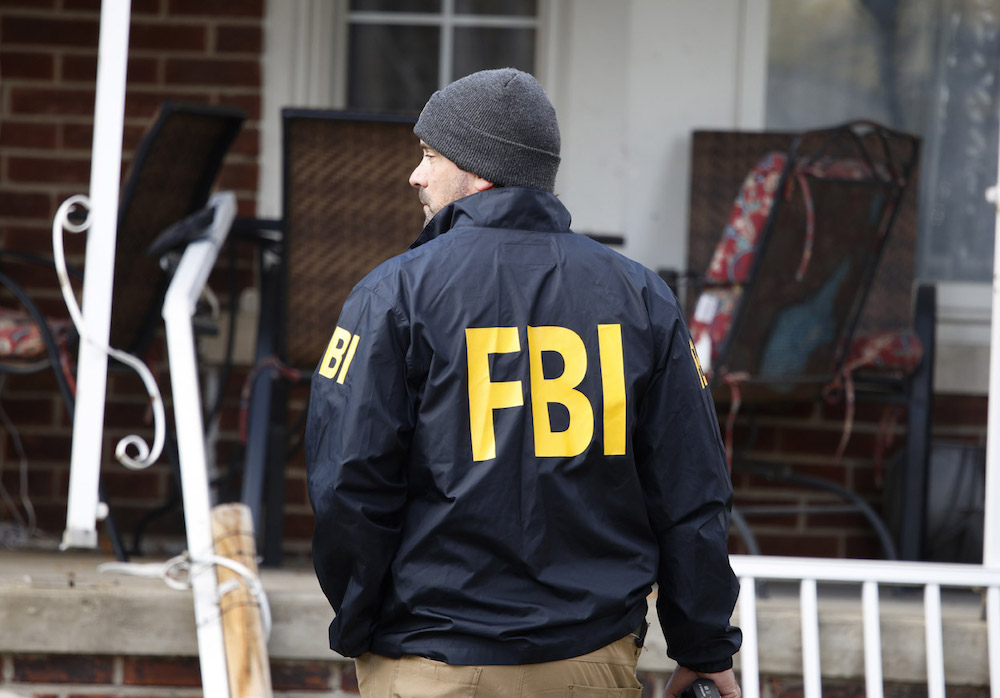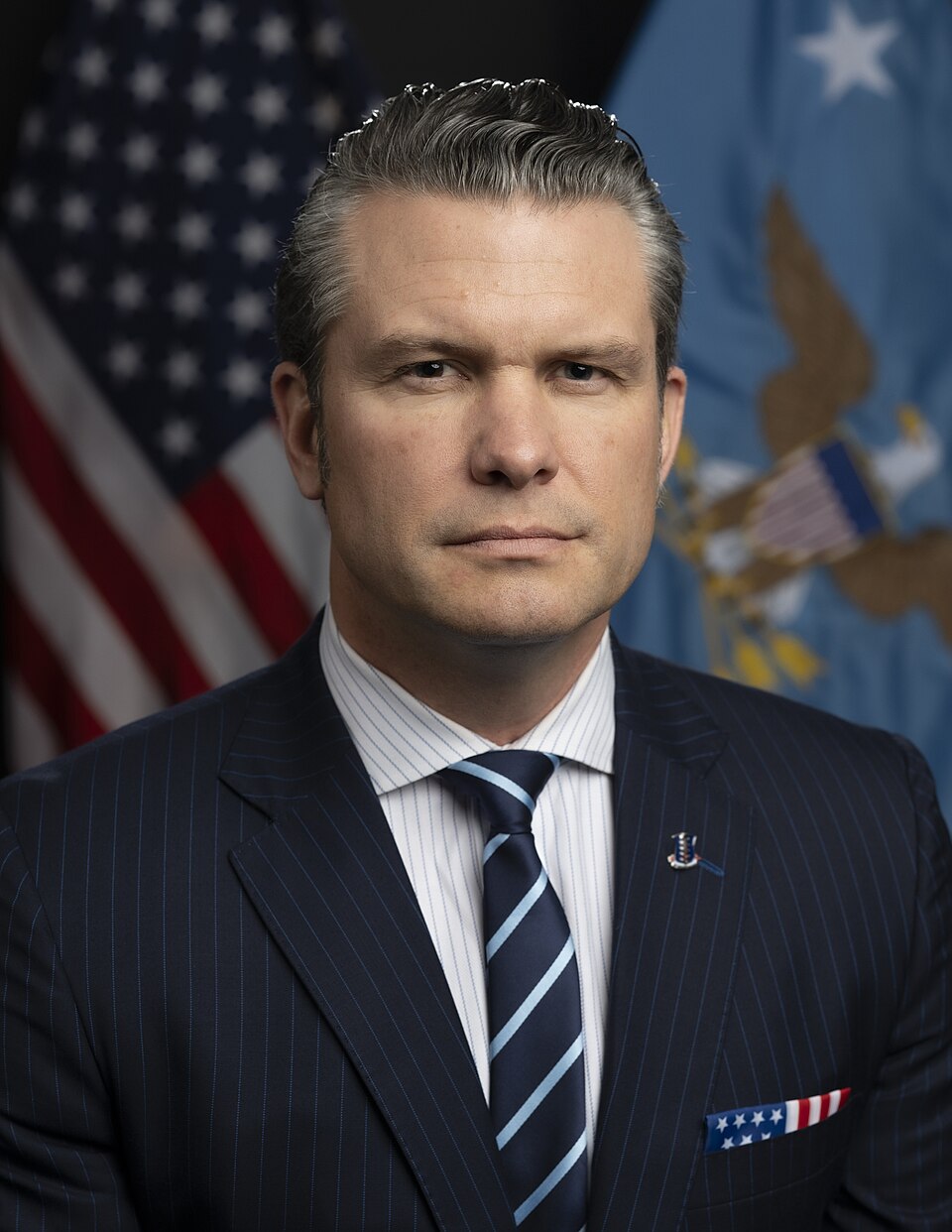Steven Levin, a defense attorney with the law firm Levin & Gallagher, is a former Assistant U.S. Attorney. Prior to that, he served on active duty for seven years in the United States Army as a defense counsel, an appellate attorney and a trial attorney.

By Steven Levin
Finally, there is hope that the Obama Administration will get it right.
In overruling the Attorney General’s short-sighted and misguided decision to send Khalid Sheikh Mohammed (KSM) to a civilian court in New York City, the White House will have acknowledged at least two things that those of us with military and federal government experience have long known.
First, the US Armed Forces has a proven history of fairly and effectively conducting military commissions. Second, the federal courts are not the optimal venue for trying alien enemy combatants who are captured while committing acts of war against our country.
By now, many of us are familiar with the long tradition of military commissions, which dates back to the 1780 trial of Major John Andre, who conspired with Benedict Arnold during the Revolutionary War.
Interestingly, the Army’s Judge Advocate General commissioned artist Don Stivers to memorialize this event, then known as a Board of Inquiry or Board of Officers, in his 1998 Limited Edition Print, entitled, “You Sir, Are A Spy.” Both my copy of the print and Major Andre were promptly hanged.
Though he might still be executed today, MAJ Andre would have considerably more protections afforded him by the Military Commissions Act (MCA). Notwithstanding the constant claims by various organizations that the MCA provides few procedural protections, the reality is just the opposite.
The accused has a host of rights, which include the right to counsel, the right to be informed of the charges sufficiently in advance of trial to prepare a defense, the right to be presumed innocent until determined to be guilty beyond a reasonable doubt, the right not to testify at trial unless he so chooses, and the opportunity to present evidence and cross-examine witnesses for the prosecution, just to name a few.
There are also several rights relating to sentencing, review, and appeal.
Proponents of federal criminal trials for terrorists, and only federal criminal trials for terrorists, point to the terrorism-related conviction rates for support of their position.
By doing so, they miss the point. The issue is not whether an Assistant U.S. Attorney can win a case in court; the issue is whether the federal government will lose more than it will gain.
That is, will a federal court be required to turn over sensitive information to an alleged terrorist that a military commission might not, even though it may have no bearing on a terrorist’s guilt?
By doing so, will national security be threatened? Those are at least two of the questions that need to be asked, and if the trial is to be in a civilian courtroom, the answer to both had better be “no.”




